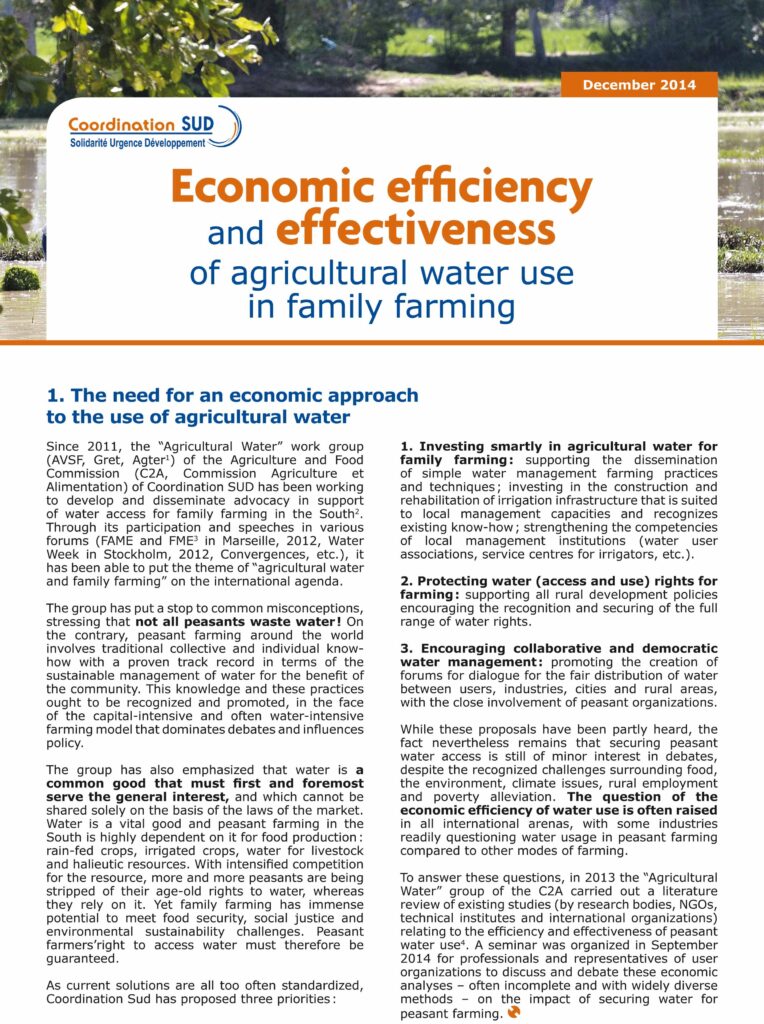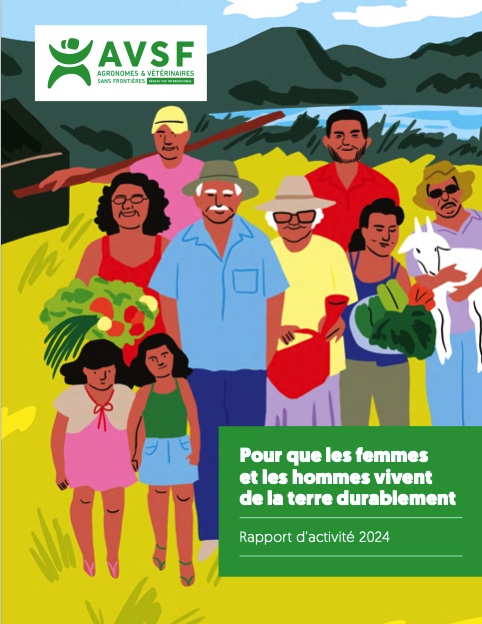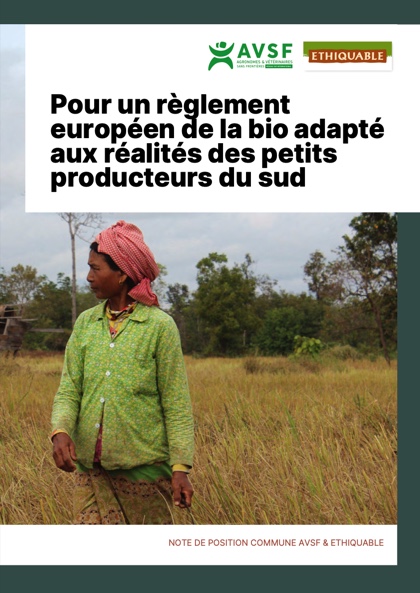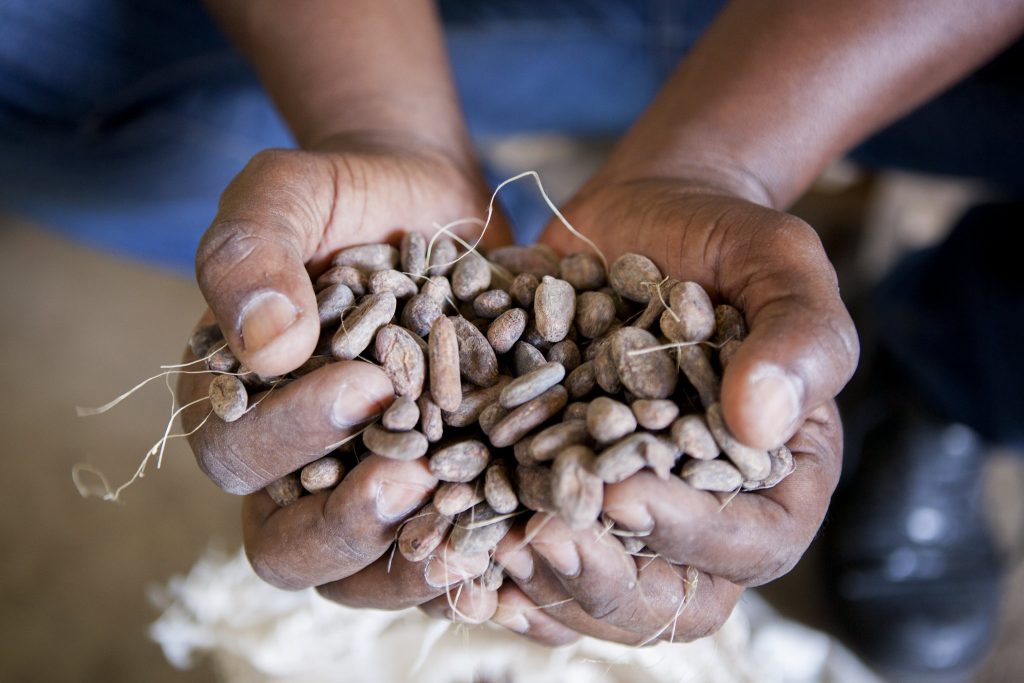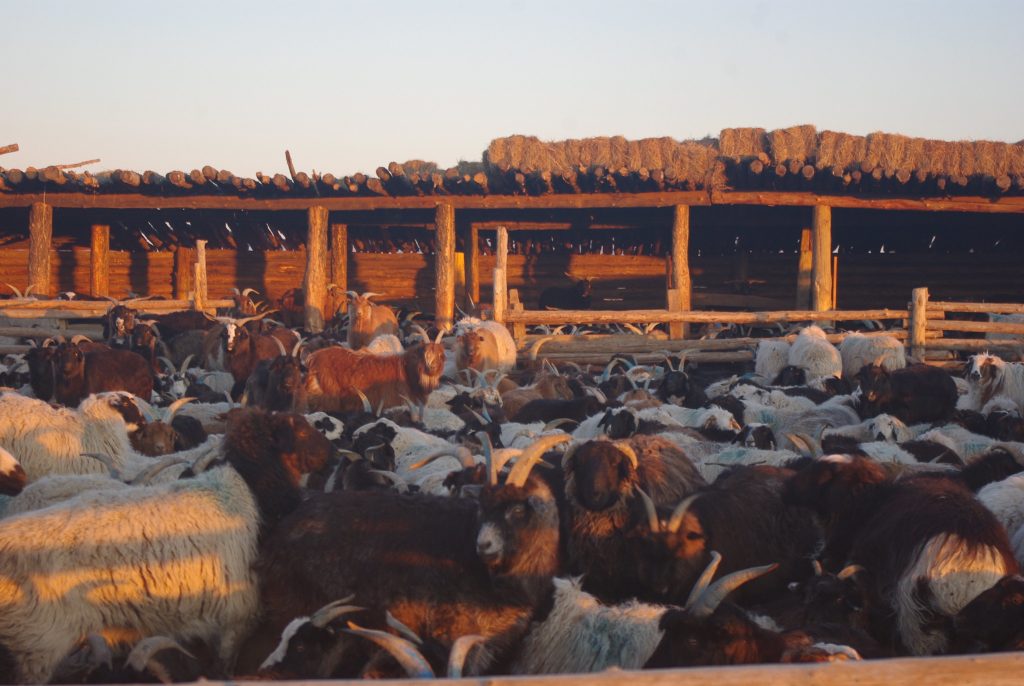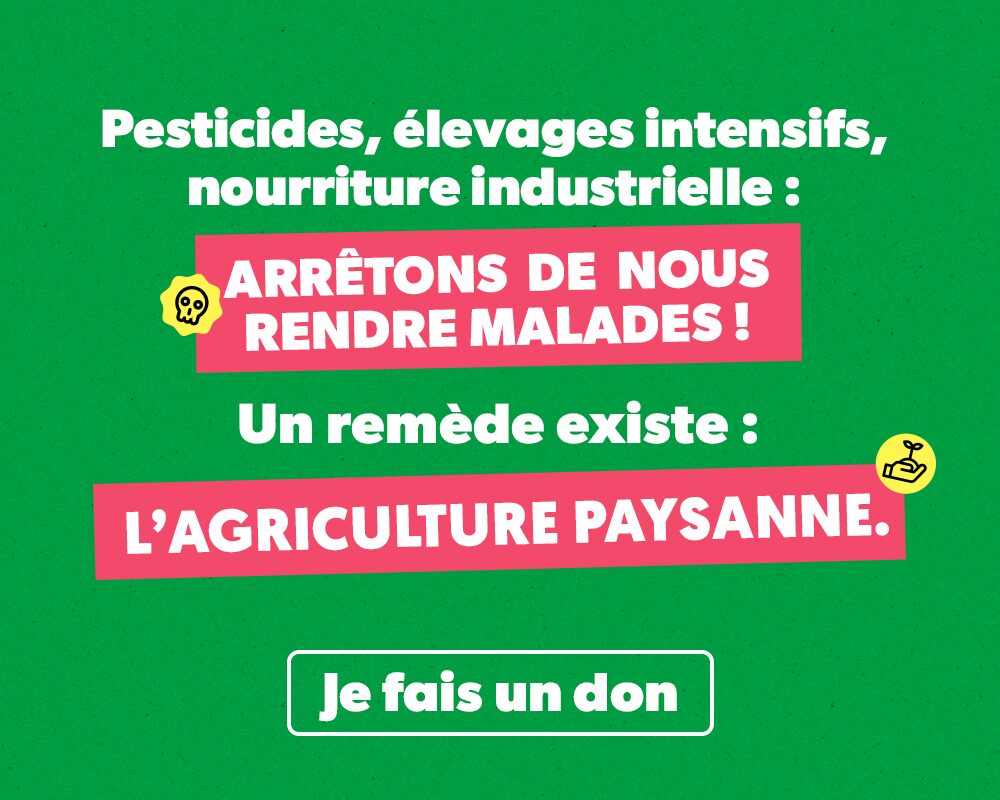Economic efficiency and effectiveness of agricultural water use in family farming
The question of the economic efficiency of water use is often raised in all national and international arenas, with some industries readily questioning water usage in peasant farming compared to other modes of farming. In 2013, AGTER, AVSF and GRET (three members of the “Agricultural Water” group of the Agriculture and Alimentation Commission of Coordination Sud), carried out a literature review of existing studies (by research bodies, NGOs, technical institutes and international organizations) relating to the efficiency and effectiveness of peasant water use. A seminar was organized in September 2014 for professionals and representatives of user organizations to discuss and debate these economic analyses – often incomplete and with widely diverse methods – on the impact of securing water for peasant farming.
For both AGTER, AVSF and GRET, an objective analysis of the economic efficiency of agricultural water use must therefore study it from three complementary perspectives:
1. An analysis of the value added created through farming and not that of raw production.
2. An analysis of the distribution of this value added created and of the impact on employment.
3. Finally, to take into account the interests of society as a whole, an analysis of the externalities and effects induced on the resource’s availability for other users, environmental sustainability, the renewal of the resource, the creation or regulation of usage conflicts and conflicts between users, etc.
While the economic efficiency of agricultural water use is an important criterion to steer investment policies and programmes, or to prioritize certain types of use and users, the analysis and measurements carried out by both public and private actors until now have only partially taken into account 3 fundamentals elements: the value added created per ha and m3 of water, the modalities of redistribution and jobs created, and the externalities generated, whether positive or negative. Existing analyses on the comparative effectiveness of peasant farming when it has access to water, in terms of value added and jobs created, prove that it has no reason to be considered inferior, as in many cases it performs much better than large farms or agro-industrial companies!
